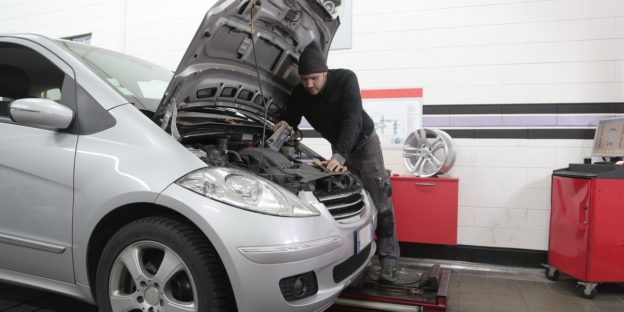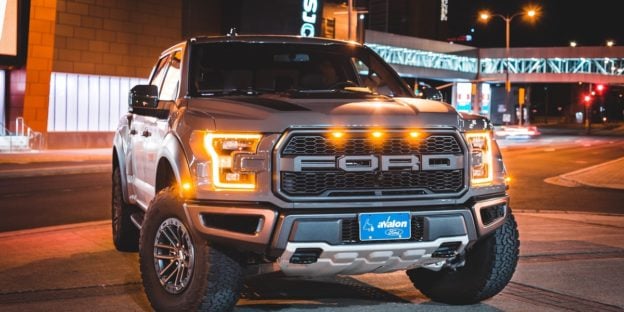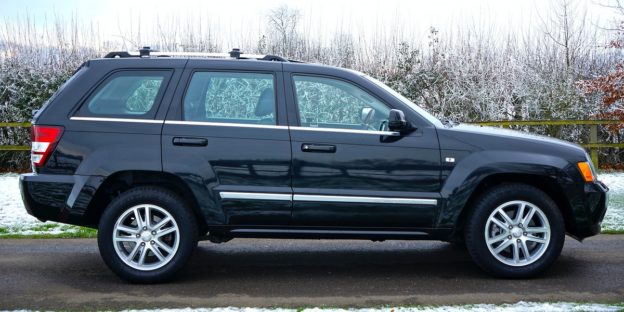If you’re thinking about buying a used car, you’re likely to come across the term “as-is.” Not all used vehicles are sold as-is, but some are, so it’s important to know what this means and what you can expect as the buyer. Shopping smart gives you the best chances of making a purchase that you’ll be happy with.
What Does As-Is Mean When Car Shopping?
Usually when you come across the term “as-is” in a vehicle listing, it means that the vehicle is being sold in its exact condition. If there are any flaws or defects with the vehicle, they will be your responsibility and will not be covered by a warranty. In fact, as-is typically means that there is no warranty coverage through the manufacturer or the dealer.
That being said, it is possible to buy a car as-is and still have a manufacturer warranty. For example, when you purchase a repossessed car, it will be sold as is. You will be responsible for any repairs or maintenance that the vehicle needs. However, if the vehicle has a manufacturer warranty intact, you can use that to cover certain repairs or recalls.
Generally speaking, when you see a car being sold as-is, it means it has no warranty and will be sold in its exact condition. You will be responsible for anything else the car needs, so be sure to budget for this. In exchange for this, you will receive a sizable discount on your purchase.
Should You Buy an As-Is Vehicle?
Only you can make the decision as to which type of car purchase is right for you. Some people are more comfortable buying or leasing new, while others don’t mind a little elbow grease for a cheaper car (and cheaper insurance). But there are plenty of benefits to buying as-is.
For instance, you can save money, which is great if you’re on a budget. Repossessed cars are popular among high school and college students, as well as those just starting out. You’ll also have a wider selection of vehicles, allowing you to get some of the features that you wouldn’t be able to afford in a new car.
But, you also need to have realistic expectations. An as-is car may need more work, so you’ll need to set aside some budget for these expenses.
Tips for Shopping for an As-Is Vehicle
When shopping for an as-is vehicle, there are a few things you’ll want to do to ensure a solid purchase:
- Do your research. Research the car you’re interested in buying so that you can be aware of any known problems.
- Order a vehicle history report. Find out if the car was involved in any accidents.
- Get a pre-purchase inspection. Have the car inspected by a mechanic or someone knowledgeable in cars.
- Consider a warranty. Look into warranty options through third-party companies like CarShield. They can help pay for major repairs.
RepoFinder has a vast database of vehicles being sold as-is. We provide as much information as possible so that people can save money and get a great vehicle!










